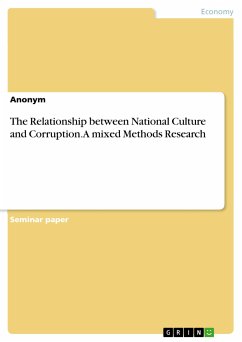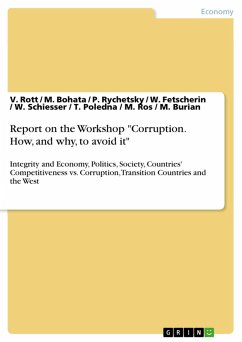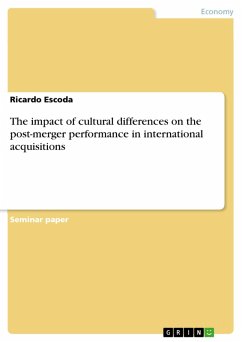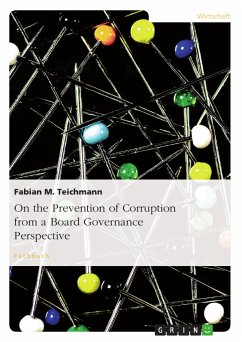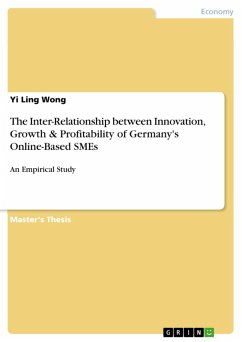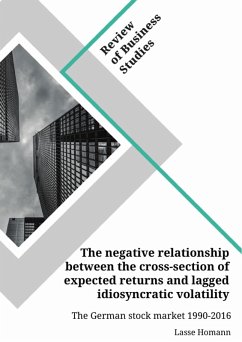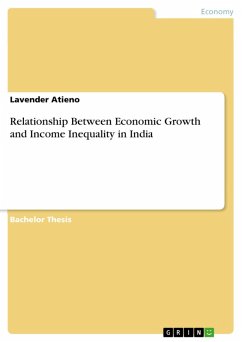Seminar paper from the year 2019 in the subject Business economics - Business Ethics, Corporate Ethics, grade: 2,0, VU University Amsterdam , language: English, abstract: This work focuses on the relationship between national culture and corruption. After conducting a thorough study on the topic and taking insights from the interviews with experts, this paper aims to fill in this gap and make a contribution to the research topic by taking a cultural approach, in which determinants of corruption in are examined. This paper will provide new findings how the cultural aspects interrelate with the two concepts, i.e. economic and institutional. The research will close the gap between the economic and institutional approaches that currently exist in the academic world. The relevance of this consideration is justified because the costs associated with corruption do not affect only the economic outcomes. Its impact on society is much wider, what makes it relevant to research the cultural aspect of corruption and, therefore, close this existing gap. Corruption has become one of the forefront managerial issues both at the national and international levels. The concept of corruption is complex and multilateral and it varies across countries. Its different types of expressiveness and intensity can be felt all over the world and have the potential to cause severe complications for a country's economy and environmental sustainability.
Dieser Download kann aus rechtlichen Gründen nur mit Rechnungsadresse in A, B, BG, CY, CZ, D, DK, EW, E, FIN, F, GR, HR, H, IRL, I, LT, L, LR, M, NL, PL, P, R, S, SLO, SK ausgeliefert werden.

